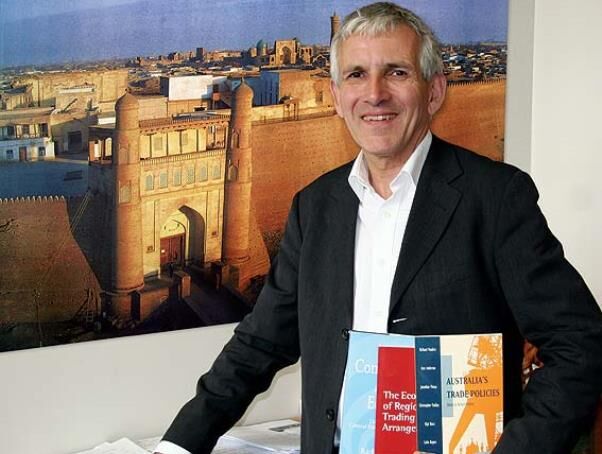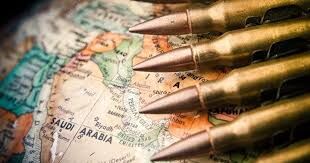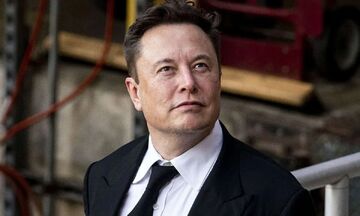TEHRAN(Bazaar) - Richard Pomfret, professor of Economics at the University of Adelaide believes “Passage along the northern and middle corridors of the Eurasian landbridge has strong economic foundations and as well as China and Russia, Kazakhstan, Belarus and the European Union all benefit from these rail freight services”.
He adds “Strengthened Eurasian economic connectivity (including with Iran) will be a force for cooperation rather than conflict.”
Here is the full text of the Bazaar's interview with Professor Richard Pomfret:
Richard Pomfret is Jean Monnet Chair on the Economics of European Integration and Professor of Economics at the University of Adelaide. He has been a consultant to the UN Development Program, OECD, World Bank, and Asian Development Bank and is the author of The Age of Equality: The Twentieth Century in Economic Perspective and The Economics of Regional Trading Arrangements.
Bazaar: In foreign policy, China focuses on economic development. Meanwhile, the United States is trying to involve China in geopolitical conflicts. Do you think America will be able to do that?
Pomfret: There are some geopolitical conflicts recognized by both China and the USA (the status of Taiwan, the South China Sea) which I hope will not be allowed to escalate.
Bazaar: The important argument about China's economic development is that, contrary to the liberal model, it has achieved economic development without following the path of political development. Some believe that China will face serious problems in the future due to the lack of political development, and that the demands of the Chinese people will enter the phase of political development. What is your prediction?
Pomfret: There have been significant political changes since the death of Mao Zedong in 1986, although they have been slow and the CCP has retained its monopoly on power. Under President Xi, since 2013, some of the political changes are being rolled back (e.g. term limits for the president and prime minister). How that and the rapid economic growth can be balanced against demands for political change is uncertain.
Bazaar: At a recent G7 summit, Western leaders approved a budget to encourage developing countries to trade with the West and keep them away from China. Can this solution hinder China's “One Belt-One Road” project?
Pomfret: no.
Bazaar: Russia's new security doctrine has an important role to play in relations with China. Given the cooperation between the two countries, it seems that Russia and China, despite some disagreements, are deepening relations with each other, especially regarding the “One Belt-One Road” project. The agreement on the passage of some important corridors of this project through the northern route (Russia) is evaluated in this regard. Will we see the polarization of the world based on trade and economic zones? In the sense that on the one hand Russia and China and their allies and on the other hand the West and its allies?
Pomfret: Passage along the northern and middle corridors of the Eurasian landbridge has strong economic foundations and as well as China and Russia, Kazakhstan, Belarus and the European Union all benefit from these rail freight services. My expectation is that strengthened Eurasian economic connectivity (including with Iran) will be a force for cooperation rather than conflict. Russia and China are together on this but in other economic (e.g. Russia selling Arctic gas to Japan or China) and political (e.g. influence in Central Asia and Mongolia) the likelihood is tension rather than collaboration. The Eurasian Economic Union, for example, encourages Kazakhstan and the Kyrgyz Republic to trade with Russia on favorable terms, discriminating against those countries' imports from China.
Bazaar: China has trade and economic relations with about 130 countries and the United States with about 80 countries. And China is implementing the “One Belt-One Road” project. Will the dependence of these countries lead to the formation of a kind of Chinese order at the level of international order?
Pomfret: China's importance in the global economy is clearly increasing. The USA has the largest economy but its relative economic strength has been falling for over seventy years. The two countries' roles in the international order will evolve. I expect there to be a mix of cooperation (e.g. in maintaining the WTO rules on international trade) and competition. China has benefited greatly from the open international trading system and has no interest in challenging the rules. Similarly, we see cooperation on climate change with potential for US-EU-PRC leadership.
















نظر شما